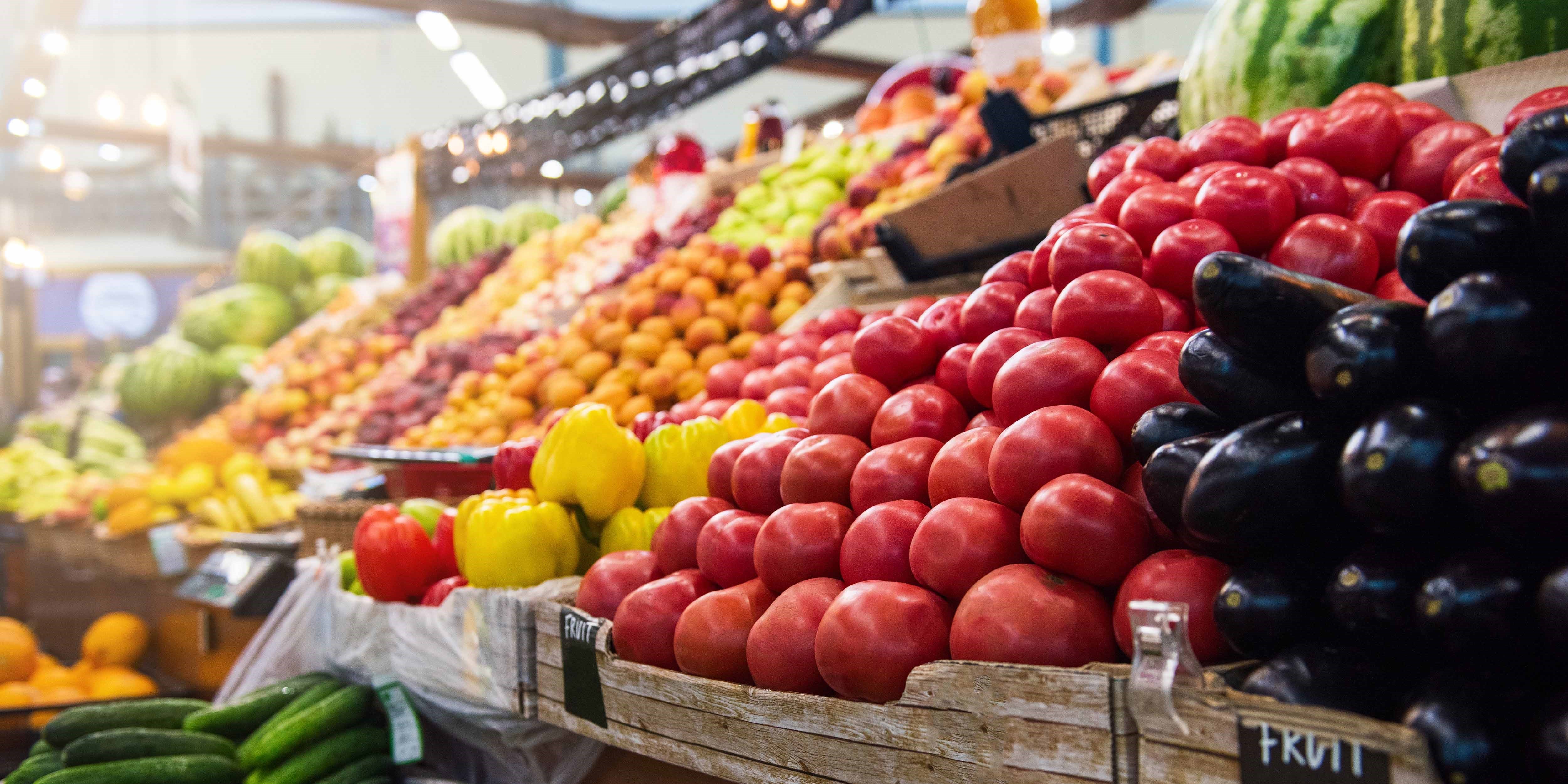Introduction:
As we step into 2024, the landscape of the food industry is approaching significant changes. Independent grocery store owners must be equipped with insights to navigate potential shortages and challenges. Let's delve into the specific food items and the reasons behind their anticipated scarcity.
Avocado Oil:
As avocado oil becomes more popular, the demand increases. This surge in demand, coupled with unpredictable weather patterns and climate change, sets the stage for an expected shortage in 2024.
Almond Milk:
The popularity of almond milk is on the rise, but weather changes affecting almond crops and water scarcity pose significant challenges. These factors may lead to potential shortages in almond milk production.
Canned Tuna:
Overfishing, regulatory changes, and aluminum shortages form a challenging trifecta for canned tuna production. Independent grocers should prepare for potential shortages in this pantry staple.
Coffee:
Climate changes and persistent pests are impacting coffee plantations. The coffee industry faces challenges that may result in shortages, affecting both coffee producers and consumers.
Rice:
Weather patterns, climate change, geopolitical impacts, and the recurring El Niño phenomenon create a complex web affecting the global rice supply. Independent grocers should anticipate potential shortages in rice availability.
Olive Oil:
Olive oil production faces challenges due to erratic weather patterns and the impact of pests on olive trees. These factors contribute to potential shortages in olive oil supplies.
Chicken:
Rising feed costs, increased regulations, and the looming threat of avian flu present challenges for chicken production. Independent grocers should be prepared for potential shortages in chicken supplies.
Peanut Butter:
Weather and climate change affecting peanut crops pose challenges for peanut butter production. Independent grocers should monitor these factors for potential shortages.
Tomato Products:
Extreme weather events are impacting tomato crops, affecting the production of various tomato-based products. Independent grocers should prepare for potential shortages in tomato-related items.
Spices:
Climate issues affecting spice-producing regions may lead to scarcity in staples like black pepper, cinnamon, nutmeg, and garlic powder. Independent grocers should be vigilant about potential shortages in these essential spices.
Wheat Products:
Droughts impacting wheat varieties pose challenges for wheat product production. Independent grocers should anticipate potential shortages in products like pasta, bread, and baked goods.
Cereal:
Supply chain disruptions and transportation issues are affecting the cereal industry. Independent grocers should be aware of potential shortages in the cereal aisle.
Salmon:
A decline in salmon populations due to climate change and overfishing signals challenges for salmon availability. Independent grocers should prepare for potential shortages in this popular seafood.
Chocolate:
Various challenges, including climate issues and logistical complexities, impact cocoa production for chocolate. Independent grocers should monitor these factors for potential shortages.
Conclusion:
As we navigate through these challenges, independent grocery store owners are encouraged to explore alternatives, source locally, and diversify product offerings. Resilience and strategic adaptability will be the key to overcoming the anticipated food shortages in 2024.


Comments